A smile makeover is a transformative experience, but for many patients, a common side effect following treatment is tooth sensitivity. Whether you’ve had whitening, crowns, veneers, or alignment correction, sensitivity can develop as your teeth adjust. While often temporary, it’s important to understand what causes it and how to manage it effectively. In Blackburn, dental professionals provide expert guidance on navigating this phase comfortably. This article explores why sensitivity happens and what you can do to protect your newly transformed smile.
Why Sensitivity Occurs After Dental Procedures
Tooth sensitivity typically arises when the protective enamel is altered or when the inner dentine layer is temporarily exposed during treatment.
Common triggers include:
- Teeth whitening chemicals affecting nerve endings
- Enamel reshaping for veneers or crowns
- Pressure changes from realignment procedures
- Gum recession during cleanings or adjustments
- Temporary irritation from bonding materials
The good news is that sensitivity usually subsides as the teeth settle, but knowing how to reduce discomfort can help you feel at ease.

How Whitening Affects Sensitivity
Whitening is one of the most requested cosmetic procedures, but the bleaching agents used can lead to short-term sensitivity. The gel penetrates the enamel and can cause a heightened reaction to hot or cold temperatures.
How to manage whitening sensitivity:
- Use desensitising toothpaste for two weeks post-treatment
- Avoid extremely cold or hot drinks for a few days
- Brush gently with a soft-bristled toothbrush
- Ask your dentist for fluoride applications if discomfort persists
- Space out touch-up sessions to give teeth time to recover
These steps help protect the dentine and minimise nerve irritation after whitening.
Dealing with Sensitivity from Crowns and Veneers
Placing crowns or veneers requires minimal enamel removal, which can expose the underlying layer of the tooth and cause sensitivity, especially during the temporary crown phase.
Tips for crown-related sensitivity:
- Avoid hard or sticky foods near the affected area
- Use a toothpaste specially formulated for sensitivity
- Limit acidic foods and beverages
- Take over-the-counter pain relief if needed
- Let your dentist know if symptoms worsen or persist
Once the final restoration is placed and settles in, the sensitivity typically resolves within a few days to a couple of weeks.
Alignment Treatments and Pressure Sensitivity
Orthodontic treatments such as invisalign Blackburn can cause mild sensitivity due to the gradual pressure applied to move teeth into new positions.
Managing Invisalign-related sensitivity:
- Switch to new aligners at night so discomfort occurs during sleep
- Use cold compresses on the outside of the jaw for relief
- Stick to soft foods in the first 24 hours of each aligner change
- Rinse with lukewarm saltwater to reduce gum soreness
- Stay consistent with wear time to avoid prolonged adjustments
Mild tenderness is normal and often a sign that your aligners are working correctly.
Replacing Missing Teeth and Post-Implant Sensitivity
When a missing tooth is replaced using dental implants Blackburn, it’s common to experience some sensitivity around the surgical site or adjacent teeth during healing.
How to ease implant sensitivity:
- Avoid chewing on the implant side during the first week
- Stick to soft foods and lukewarm drinks
- Follow all post-operative care instructions
- Use gentle brushing techniques with a soft brush
- Report prolonged pain or swelling to your dentist promptly
Implants are generally well-tolerated and, once healed, they behave just like natural teeth.

Long-Term Strategies to Reduce Tooth Sensitivity
Beyond the initial healing period, some people remain more prone to sensitivity due to thinner enamel, grinding habits, or aggressive brushing.
Preventive steps include:
- Use a desensitising toothpaste daily
- Avoid over-brushing or brushing too hard
- Limit consumption of acidic foods and fizzy drinks
- Wear a nightguard if you clench or grind your teeth
- Schedule regular dental visits for check-ups and cleanings
Ongoing care helps preserve the results of your smile makeover and keeps discomfort under control.
Foods and Drinks to Avoid Post-Treatment
| Type of Food/Drink | Why It Causes Discomfort |
| Ice-cold beverages | Triggers nerve endings in sensitive teeth |
| Hot drinks | Causes sharp sensations in exposed dentine |
| Acidic fruits | Erodes enamel and worsens sensitivity |
| Fizzy drinks | Increases enamel erosion over time |
| Sugary snacks | Encourages plaque build-up and decay risk |
Sticking to mild-temperature, low-acid foods in the first few weeks can reduce the likelihood of flare-ups.
Professional Treatments for Severe Sensitivity
If sensitivity doesn’t improve or becomes severe, your dentist may recommend professional interventions to offer longer-lasting relief.
Available options include:
- Fluoride varnish to strengthen enamel
- Bonding agents to seal exposed dentine
- Custom-fitted trays for at-home desensitising treatments
- Periodontal care if sensitivity is related to gum recession
- Occlusal adjustments to improve bite pressure distribution
These treatments are tailored to the cause and severity of your symptoms and can offer significant relief.
Understanding What’s Normal vs What’s Not
Post-treatment sensitivity should be mild and temporary. However, persistent or intense discomfort may indicate an underlying issue.
Seek dental advice if:
- Pain lasts longer than three weeks post-procedure
- Sensitivity worsens over time instead of improving
- The discomfort prevents you from eating or drinking comfortably
- There is visible swelling or pus around the treated tooth
- The restoration feels loose or misaligned
Early intervention helps prevent complications and ensures your smile makeover remains a positive experience.
Why Blackburn Patients Receive Trusted Aftercare
| What Patients Value | What Clinics Provide |
| Clear aftercare instructions | Easy-to-follow home management tips |
| Access to support | Responsive advice when issues arise |
| Custom solutions | Tailored desensitising treatments |
| Gentle, precise techniques | Minimal disruption during treatment |
| Full smile maintenance | Ongoing care for comfort and health |
Clinics in Blackburn combine advanced treatment with personalised care plans to manage every step of the smile transformation journey.
Conclusion
Tooth sensitivity after a smile makeover is common, but with the right care and guidance, it doesn’t have to disrupt your daily life. From adjusting your diet and oral hygiene routine to seeking professional solutions when needed, you can enjoy your new smile comfortably and confidently. In Blackburn, dental teams provide expert support every step of the way, ensuring you get the results you want without the worry. With patience and care, your smile will continue to feel as good as it looks for years to come.



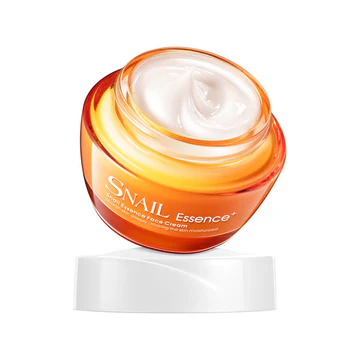
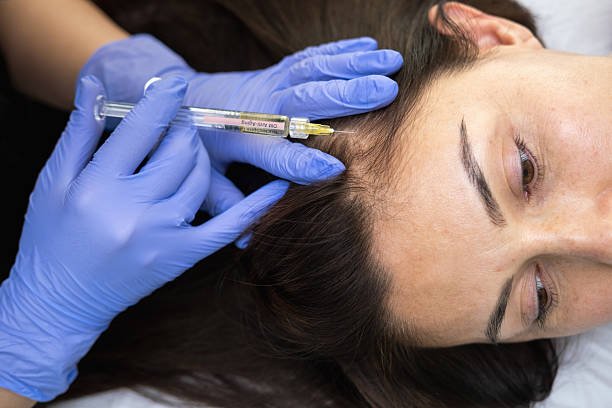
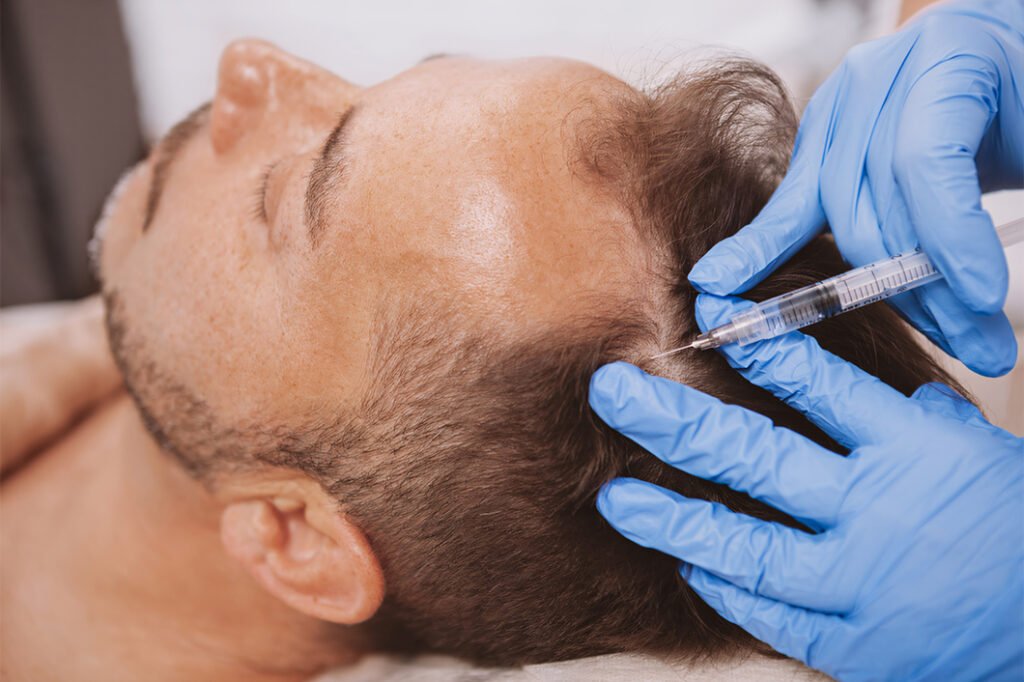
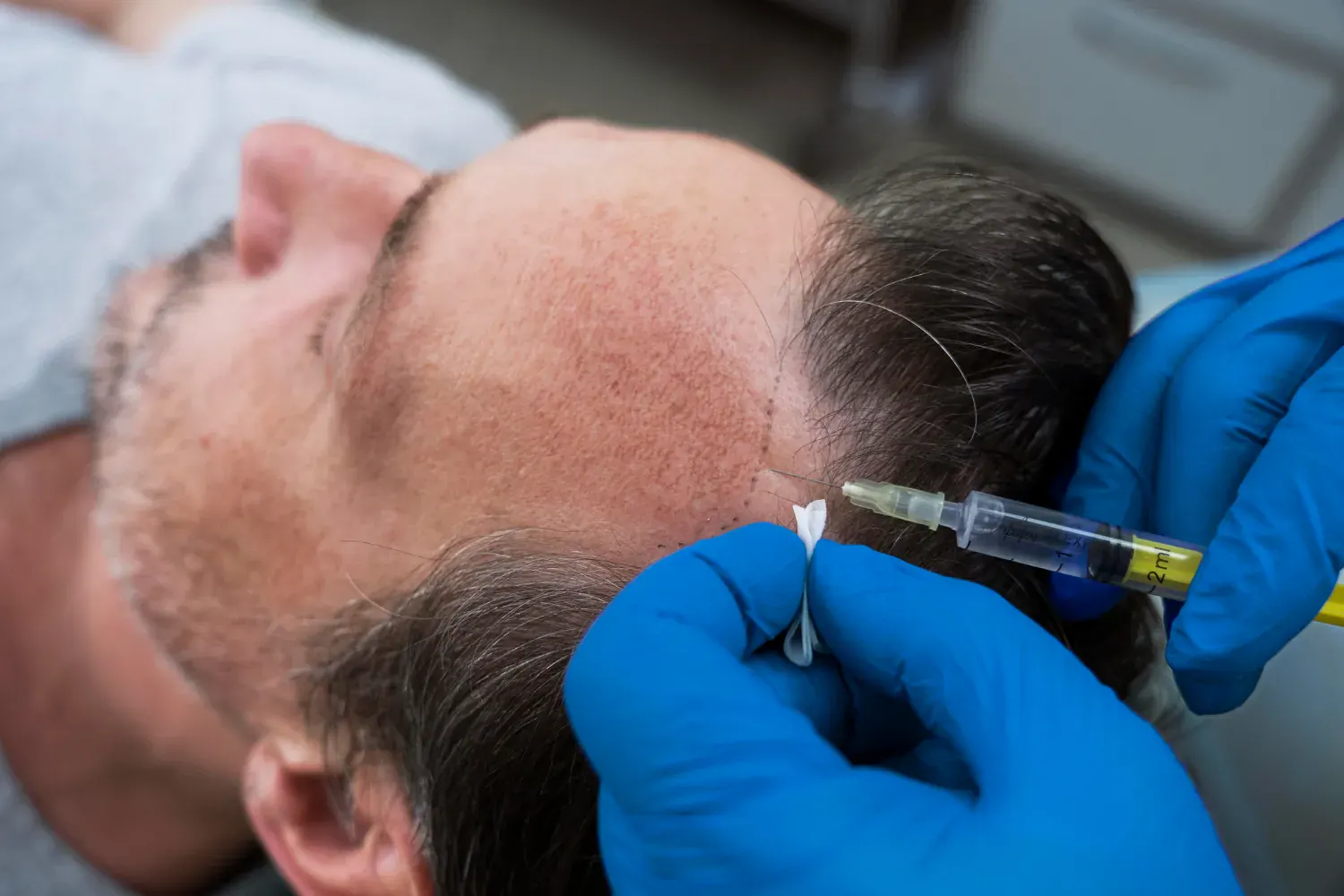
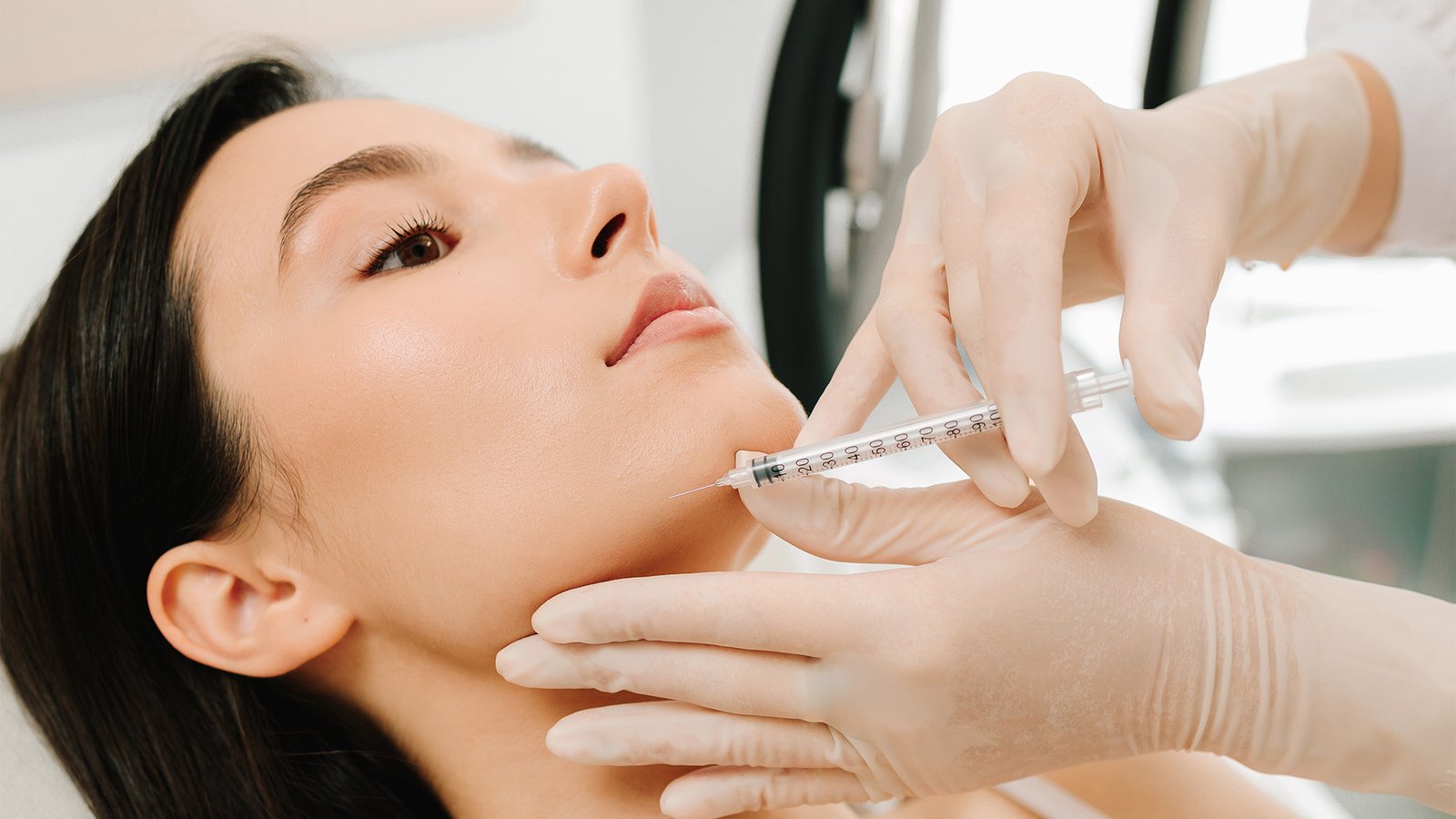








Leave a Reply